








COVID-19 is resulting in very real human, social and economic impacts. Historically, reduced population mobility during epidemics has had a greater economic impact than the illness itself.

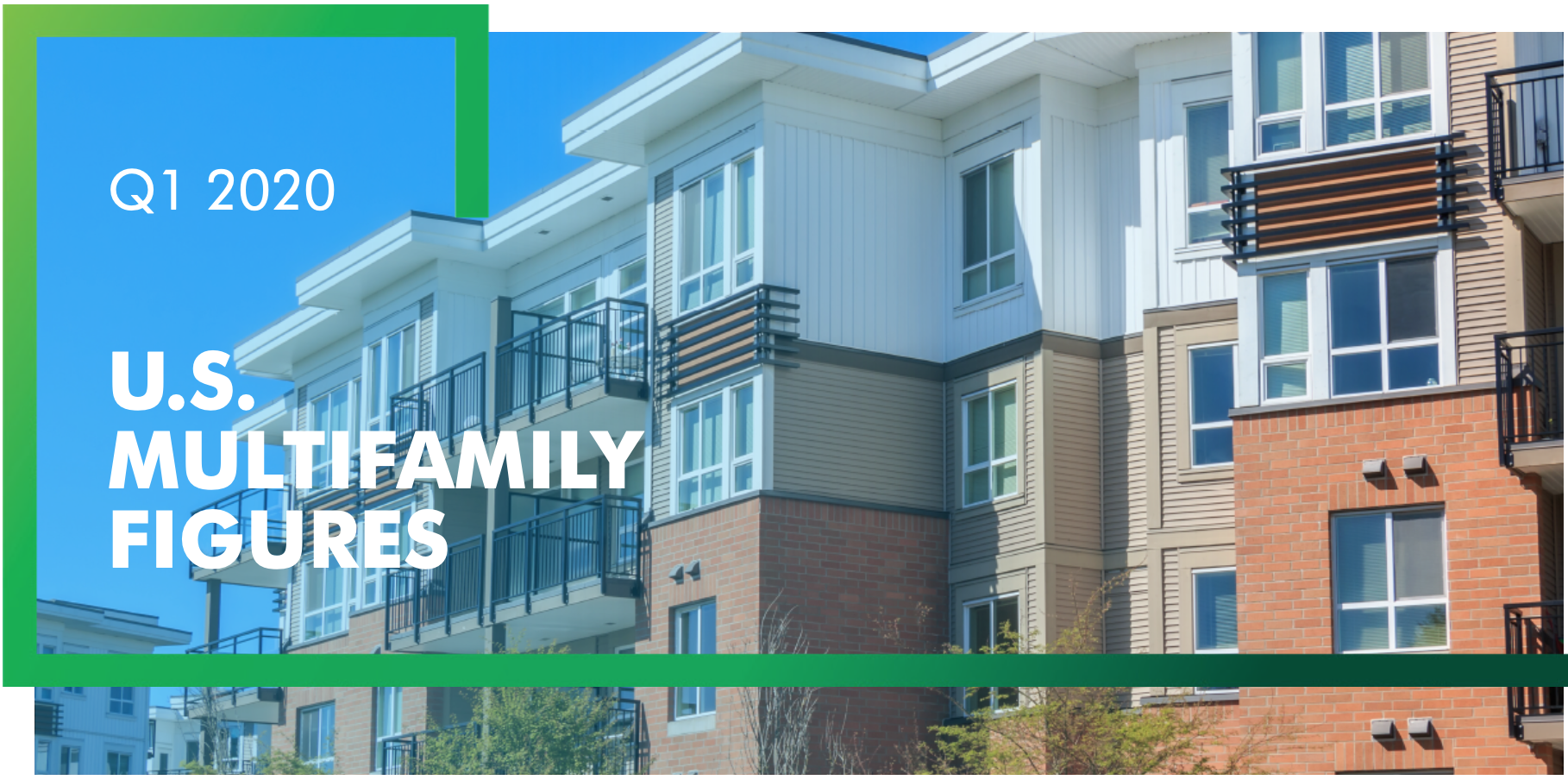
The COVID-19 pandemic has forced some states to impose strict stay-at-home orders that are adversely affecting many industries. This is leading the U.S. economy into a recession that will result in very sharp declines in GDP for H1 2020 and in job losses, particularly in the retail, food & beverage and transportation sectors.
Survey respondents believe that hotel, retail (particularly destination, lifestyle, and entertainment retail that depend upon more than 10 people gathering closer than six feet apart), and resort residential are the segments that are getting hammered now, and likely will take some time to recover.
In 2018, stock markets suffered their worst since 2008. But now several warnings signs are showing red flags in the market – causing some analysts to predict a 70% correction this year.
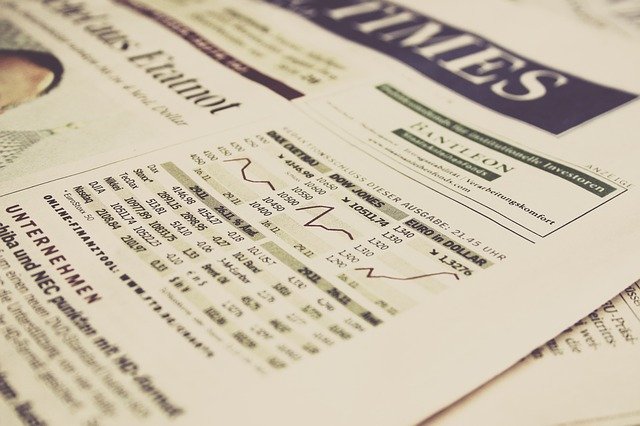

Multifamily rent collections were expected to be low due to a historic spike in unemployment. However, as of April 19th, 89% of apartment households made a full/partial rent payment, only slightly lower than 2019’s rate of 93%. More residents are choosing to renew their leases instead of vacating, helping preserve property occupancy.

The living sectors are generally viewed to be more resilient in the face of a downturn; however, the different sub- sectors have very different characteristics. Multifamily is usually considered to be the most resilient sector and this is being supported, at least in the short term, by various income-protection schemes.
Do past metrics and experiences matter during a crisis unlike any other? History suggests they do, ultimately.


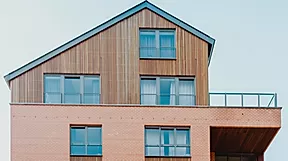
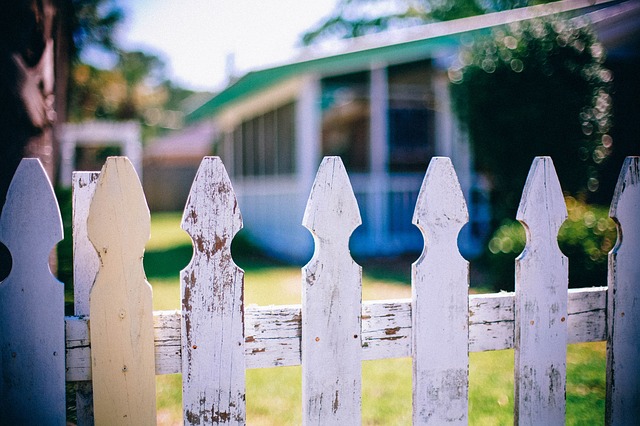
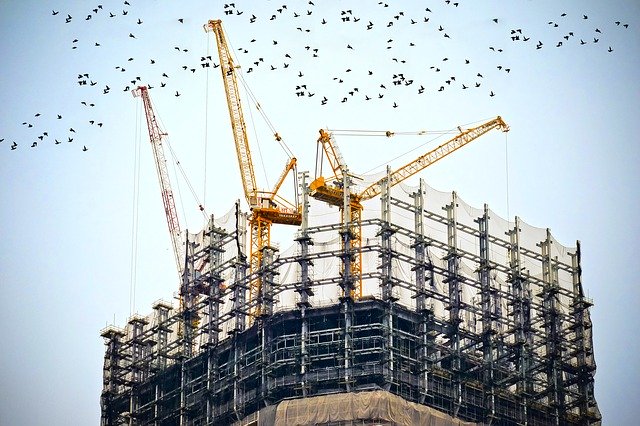

While the meetup will have a specific concentration on multifamily, investors from all asset classes should attend. The general concepts (flipping, buy and hold, cash flow, etc) cross all investment types. Let’s get together, network, get to know each other and brainstorm!!
We believe that through proper education, exposure, and encouragement, our investors will have an equal opportunity to grow their mind and grow their wealth—a benefit that can positively impact generations to come.

This course is your golden ticket to understanding the multifamily market from the ground up, tailored for those who value flexibility in learning. Plus, an exciting opportunity awaits the first 25 enrollees – a complimentary 1:1 action session with an XSITE Capital Founder to kickstart your investment journey!
This January, seize the opportunity to unlock your true potential! Engage in a one-on-one mentorship experience with the XSITE leadership team, renowned for their expertise and success. This personalized guidance is designed to help you craft and grow a robust investment portfolio that aligns perfectly with your unique vision. Elevate your investment strategy and attain remarkable success under the mentorship of experts who have successfully navigated the very journey you’re embarking on.


Enroll in our Group Coaching program this January to become part of an exclusive community of ambitious investors. It’s more than just learning—it’s about engaging with like-minded individuals who share your investment goals. Together, with expert guidance and peer support, delve into the depths of multifamily investing and transform your financial aspirations into reality.